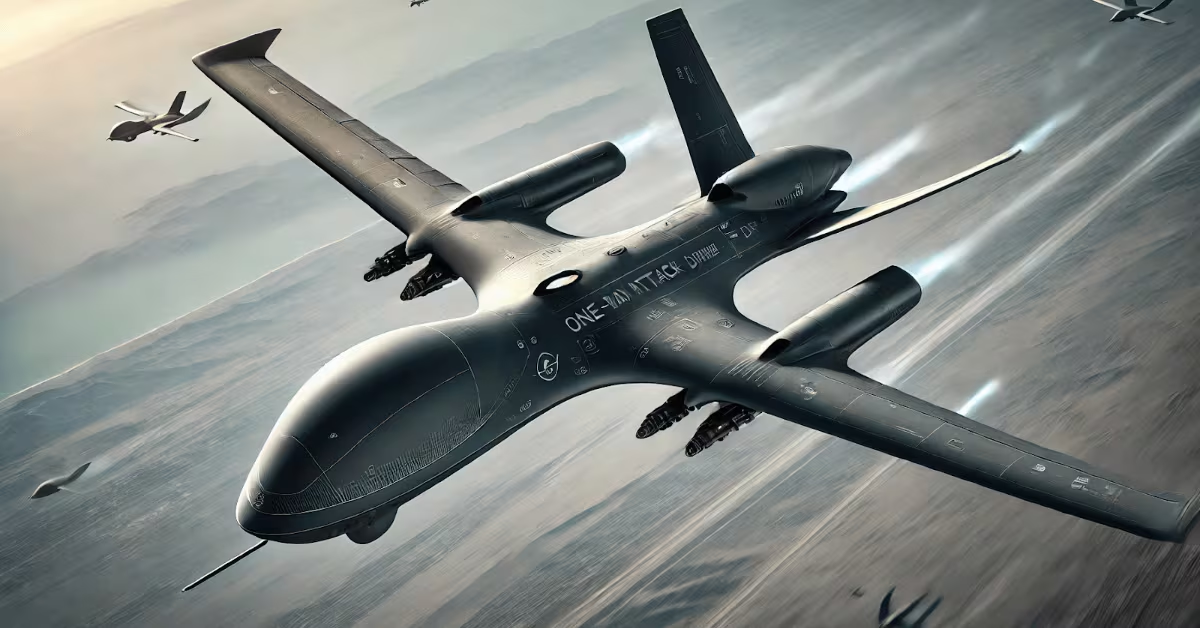TEL AVIV — The Israel Navy performed its first sea-based operational intercept of the Barak-8 air defense system Wednesday, one in a series of planned tests prior to planned initial operational capability within two years.
"Today, the Barak-8 was launched from a Sa'ar-5 Covette against a UAV simulating a threat to a ship at sea. Barak-8 successfully intercepted the target. The system's radar allowed the Navy to detect targets at long detection ranges, and the system enabled us to engage the threat from long-distance range," an Israeli military officer told reporters.
The first operational intercept test followed a final development test conducted jointly by Israeli developers, led by state-owned Israel Aerospace Industries (IAI) and their Indian partners.
The Israeli military official said the system's digital phased array radar successfully acquired and tracked the target at a range of more than 20 kilometers but less than 120 kilometers. He said it elevated Israeli comfort levels in their ability to defend against a spectrum of advanced threats, including the Russian-made Yahkont cruise missile that is in the hands of Lebanese-based Hizbollah forces.
"Today's test was not just a trial. It was a successful operational test of the full operational system, which has been fully integrated into the Israel Navy's Sa'ar-5 surface ship," said Boaz Levy, IAI corporate vice president and general manager of the firm's Systems, Missiles and Space Group.
"The scenario started with launch of the target [unmanned aerial vehicle] which flew very fast. From the moment the system detected the target, it passed the information to the command and control system, classified and identified the target, and gave recommendations to the operator. The operator gave the command to neutralize the target and the system decided the optimum point of interception," Levy said. "It was metal on metal; a direct hit.
"This was our first sea-based vertical launch; executed perfectly. We're extremely satisfied that this system is continuing to prove itself in operational conditions."
Levy said the entire test took less than two minutes.
"The Barak-8 knows how to intercept from zero to 70 kilometers; so if the range of interception is a few kilometers, the scenario will take seconds. But if it's at longer ranges, it can take less than two minutes.. What's important here is that we're on the way to operational capability, not only in Israel, but in India."
Levy credited developmental authorities at Israel's Mod and the Indian Defense Research and Development Organization, as well as industry partners from IAI's subsidiary Elta Systems and state-owned Rafael with successfully executing a protracted and complex program.
In Israel, plans call for outfitting the Barak-8 initially on Sa'ar-6 vessels being procured from Germany for defense of Israel's economic waters and later on the remaining to Sa'ar-5 Corvette-class vessels.
Email: bopallrome@defensenews.com
Opall-Rome is Israel bureau chief for Defense News. She has been covering U.S.-Israel strategic cooperation, Mideast security and missile defense since May 1988. She lives north of Tel Aviv. Visit her website at www.opall-rome.com.








